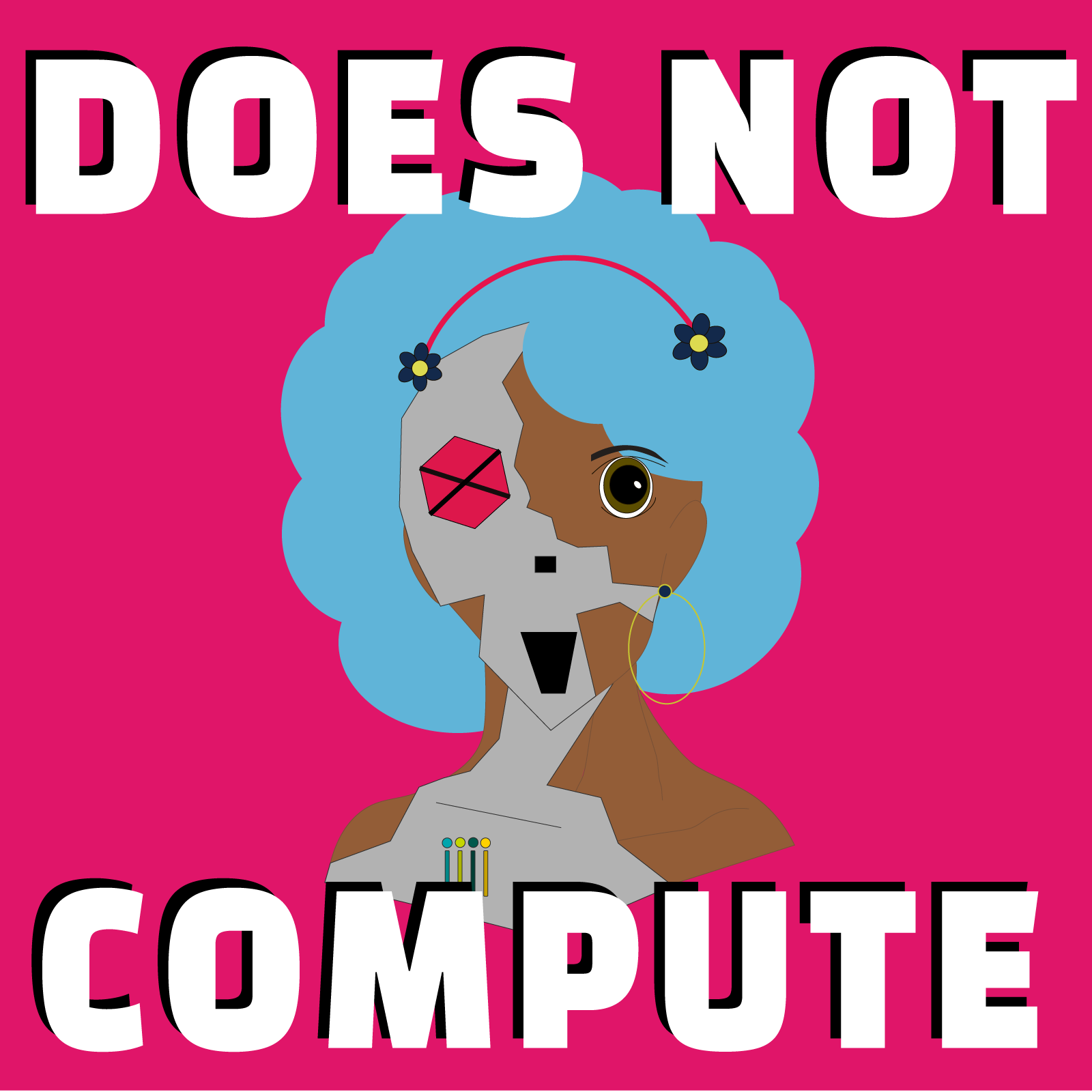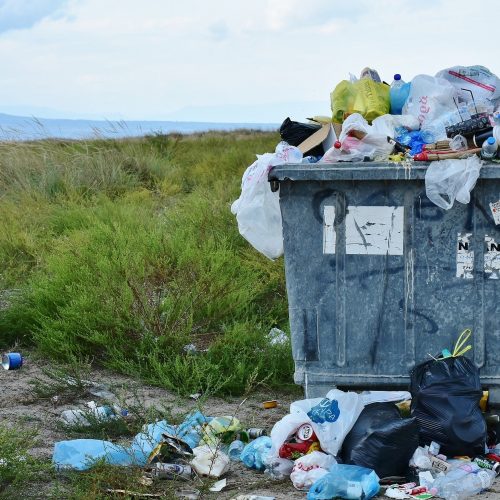Does Not Compute
Technology — even when “sufficiently advanced” — isn’t magic. Algorithms aren’t spells cast by programmers. When we imbue tech with mystical powers, we lose sight of the human factors, from economics to culture, and politics, that shape how it’s actually designed and used.
Does Not Compute is a podcast about technology, people, and power brought to you by the Center for Information, Technology, & Public Life (CITAP) at UNC-Chapel Hill. At CITAP, we study technology as it’s tangled up in our lives and societies. On Does Not Compute, we’ll pry into the black boxes and get to know the people behind the code to understand technology platforms in context. Together, we’ll explore how old inequities get reinvented on new platforms, how unexpected communities unite for good (and harm), and how media manipulators play on our identities and emotions to spread lies.
If we want to fix our relationship to technology, we have to understand what’s broken first. Let’s dig in.
Teaching Does Not Compute
Syllabus integration guide
Addressing how identity influences belief and the affordances of platforms.
Teaching Sociology
This review recommends additional matches of specific episodes to course topics and complementary readings.
Episodes

1. Introducing Does Not Compute
Release date: 6/22/2021
On our first season of Does Not Compute, we’ll be talking about identity and disinformation. How do our communities shape what we search for, share about, and even believe? And how do malicious actors manipulate our identities to promote their ideologies? What role do big tech platforms play in spreading disinformation, and how can they help address the problem?
We won’t quite answer all those questions and more in just one episode, but we’ll begin digging into these topics and introducing our hosts.

2. Conspiracy & Racism
Release date: 6/29/2021
What do conspiracy theories and racism have in common? More than you might think. Deen Freelon discusses how white supremacy itself is a kind of highly successful disinformation campaign and how a willingness to believe all sorts of terrible and false things about people of other races might open a door to believing falsehoods about science, medicine, politics and other topics.
Even when Black communities and right-wing political groups express similar distrust of official government sources and embrace conspiracies, they do so via very different paths. We talk about conspiracies, racism, and recognizing when the government actually is out to get you.

3. Talking About Garbage
Release date: 7/6/2021
A lot of the time, when we talk about disinformation, it’s like we’re talking about garbage—not what’s in the garbage, or who made the garbage, or why the garbage spreads, just that there is garbage and we have to get rid of it. That’s a mistake.
Host Alice Marwick explores the relationship between disinformation, extremism, and media manipulation. Who’s behind white supremacist disinformation? What are their motivations? Why is this content so sticky, and how does it keep getting pushed into the mainstream?

4. What You Think Is What You Find
Release date: 7/13/2021
Are you a savvy searcher? Many of us would probably say the answer to that question is “yes”, but there’s a lot more to your search engine than meets the eye. Is it true that different people get personalized results for the same searches? What are data voids, and what do they mean for how we assess information we find online? What role do companies like Google have in the formation of ideologically-driven parallel internets?
Host Francesca Tripodi discusses the ins and outs of how search engine algorithms work (and how they don’t), how they can be gamed, and how our own biases shape our returns before they even hit the search bar.

5. Across Oceans, Tables, & Platforms
Release date: 7/20/2021
Online, information and disinformation cross huge physical distances easily. Applications like WeChat and YouTube keep Asian American communities more connected to far-flung friends and family than ever. By comparison, bridging the dinner table and its language and generational differences can prove much more daunting.
Host Rachel Kuo explores how disinformation circulates in Asian American communities, from the workings of ‘auntie information networks’ to the role of history in shaping how communities access and evaluate information.

6. Admit It, You Love Being Angry
Release date: 7/27/2021
Disinformation is social—it’s designed for sharing, to draw bright lines between “us” and some other “them.” To do that, disinformation campaigns mess with our emotions. These narratives can convert feelings of anxiety, fear, and powerlessness into bright, actionable anger, or sow doubt and uncertainty in the face of optimism.
Host Shannon McGregor digs deep into all the feels and how to channel good anger in the face of these manipulations.

7. What Does Tech Owe Democracy
Release date: 8/3/2021
Tech platforms didn’t create our political divides. They aren’t blameless, either. In this episode, Daniel Kreiss sits down with Katie Harbath & Tressie McMillan Cottom to understand the role of “efficiency machines” in social contexts and imagine the guardrails we need for tech platforms to become stewards of a healthy democracy—because public life is far easier to destroy than rebuild.

8. Where Do We Go From Here?
Release date: 8/10/2021
In the first seven episodes of this season, we’ve explored how disinformation plays on our biases, fuels our anger, and even nudges us to find only what we wanted to learn. The mess is daunting.
Building a healthier, informed democracy is not an individual project, but it’s one we begin imagining in this episode. Given what we know about the problem, how do we begin to fix things?